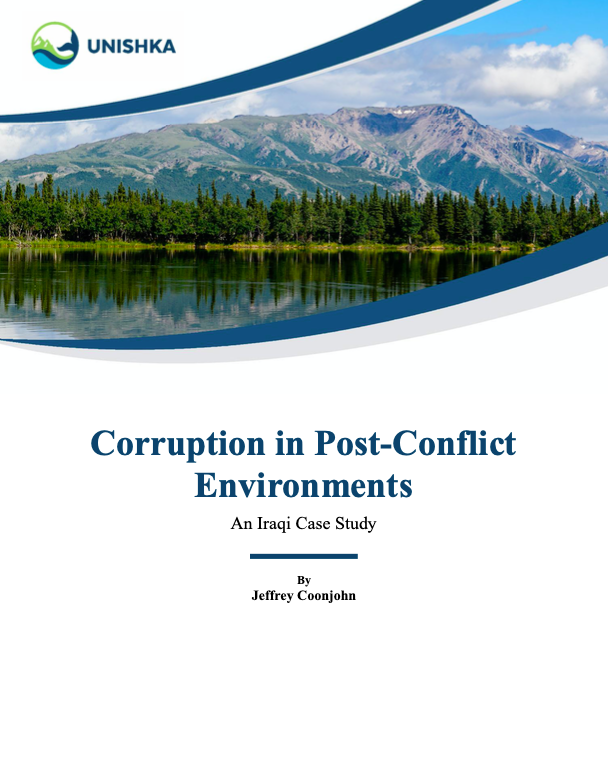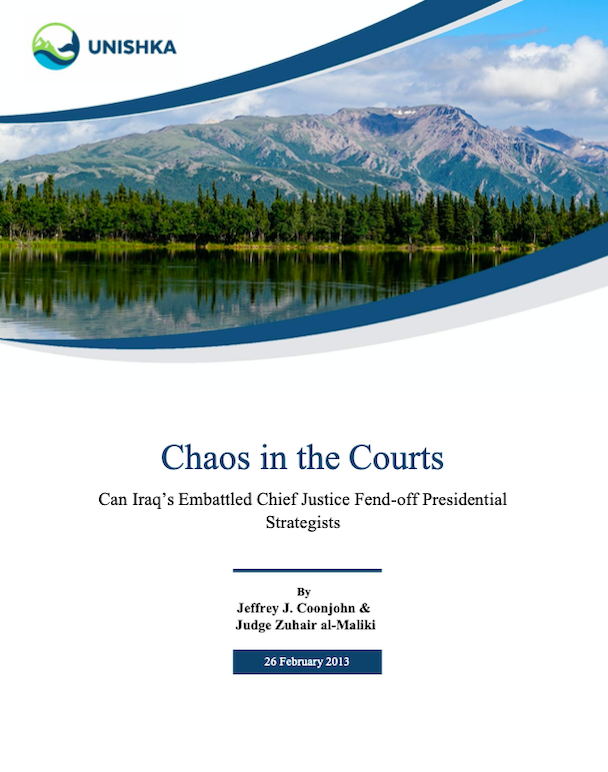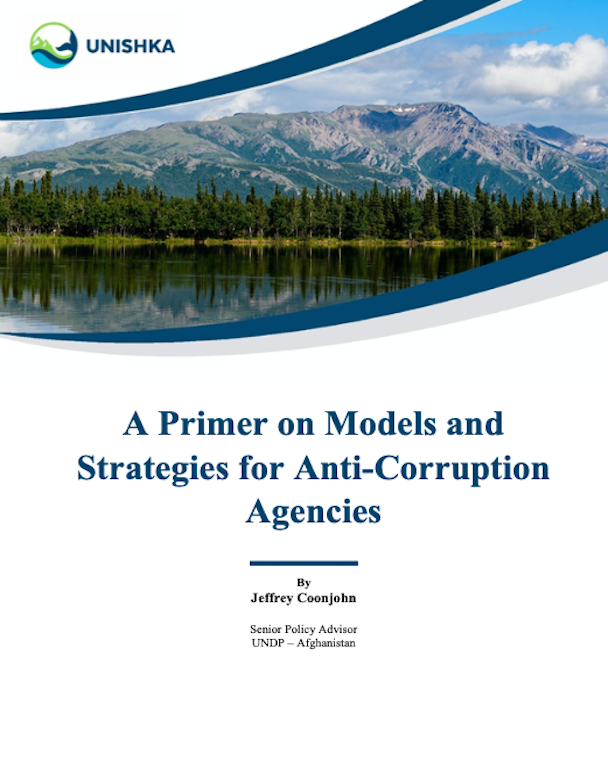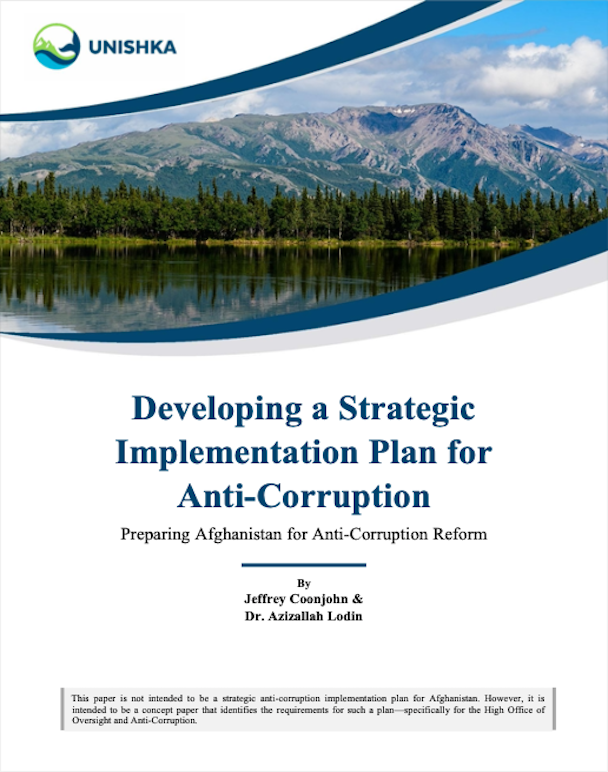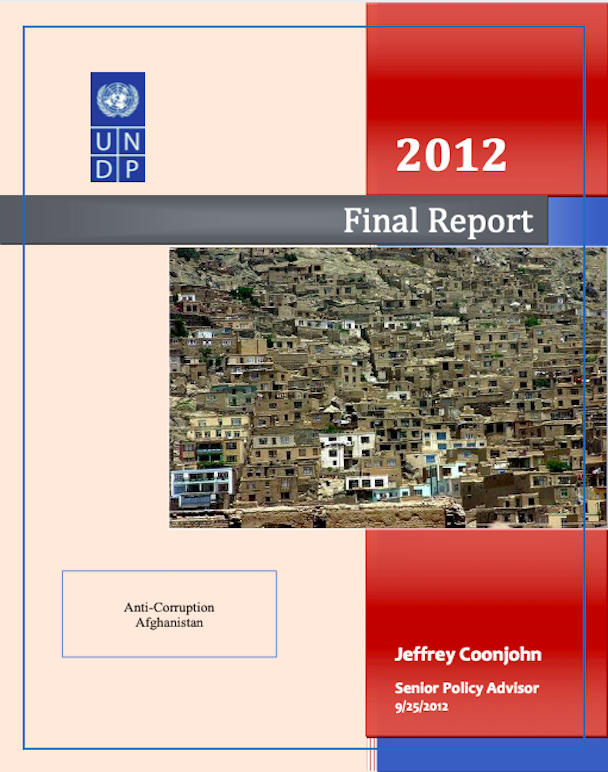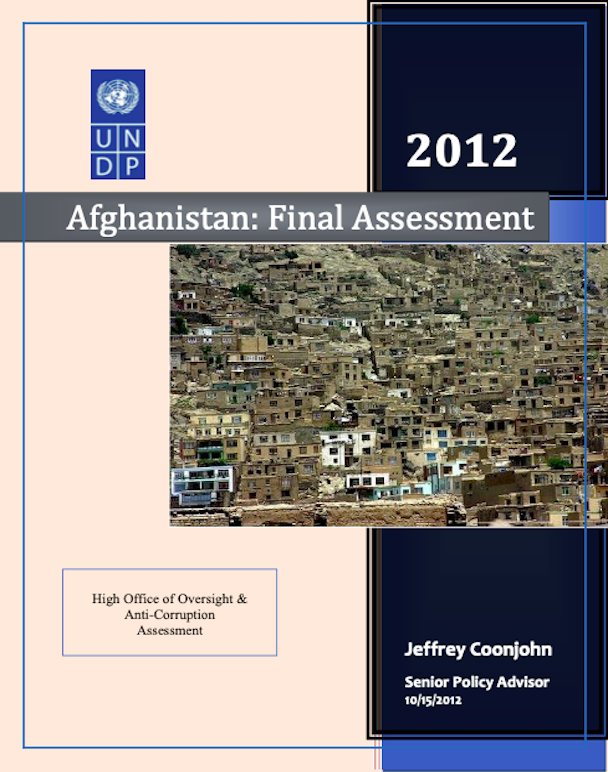UNISHKA created Systems Integrity Development™ (SID) to address internal control weakness and human factor deficiencies within an organization. Unlike Vulnerability to Corruption Assessments that uncover corruption, SID identifies existing and potential corruption risks, analyzes those risks, and then develops contextualized reforms to facilitate sustainable change. The final, and arguably most difficult, phase of an SID is to ensure that the approved reforms are implemented within the existing environment. These environments are often highly politicized with multiple groups, sects, tribes, or political parties receiving some benefit from corruption.

What We Do
Systems Integrity Development™
Systems Integrity Development™
Vulnerable Population Assessment
UNISHKA’s Vulnerable Population Assessment examines the impact of corruption on vulnerable populations such as gender, religious, and ethnic minorities, as well as other key groups.
Reports of Significant Corruption
UNISHKA’s Reports of Significant Corruption (RSC), unlike our Systems Integrity Assessments™, focus on specific instances of grand corruption by current or former foreign public officials. These reports are provided to relevant government authorities to assist them in fulfilling their administrative duties. The RSCs examine whether there is sufficient credible information demonstrating that a foreign public official engaged in corrupt activities, and that these activities had serious adverse consequences on the national interest of the United States.
No items were found matching your selection.
Political and Electoral Integrity Program
In the words of Transparency International: “Corruption erodes trust, weakens democracy, hampers economic development and further exacerbates inequality, poverty, social division and the environmental crisis.” This is particularly true of political corruption. Illicit and opaque political financing opens the door to state capture, beginning with the capture of political parties by kleptocrats seeking political cover to pillage the state’s coffers, oligarchs seeking political favors and contracts, and/or organized crime syndicates seeking access to human-trafficking or drug-trafficking routes. Countering political corruption through greater political and electoral integrity is critical.
Political and electoral integrity reform efforts can: 1) allow voters to make educated choices at the polls; 2) hold political actors accountable to the electorate and to the law; 3) make it more difficult for aspiring kleptocrats, oligarchs, and organized crime syndicates to employ informal means to influence political decision-making in their favor; 4) reduce the prevalence of vote-buying schemes and abuse of state resources that undermine voters’ long-term interests at the polls; and 5) inhibit the flow of money that supports electoral violence designed to skew the voters’ preferences through coercion and intimidation.
Political Finance Reform Cycle
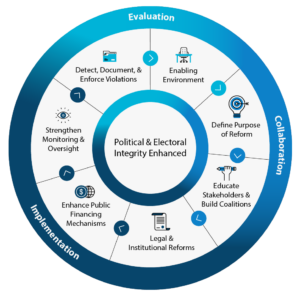
Sectoral Areas
Programmatic Services and Tools
National Anti-Corruption Policy
The United Nations Convention Against Corruption (UNCAC) calls for member nations “to develop and implement or maintain effective, coordinated anti-corruption policies that promote the participation of society and reflect the principles of the rule of law, proper management of public affairs, and public property, integrity and accountability” (Article 5).
Predicated on the requirements of UNCAC, UNISHKA assists national leaders in the developing a national anti-corruption policy from which the National Anti-Corruption Strategy emanates.
National Anti-Corruption Strategy
National Anti-Corruption Strategies are integrity blueprints used by government and other stakeholders to create implementation plans in accordance with the National Anti-Corruption Policy.
UNISHKA works collaboratively with national stakeholders to develop customized strategies resulting in frameworks that outline national plans of action to combat corruption.
Legal Framework Development
UNISHKA provides in-depth examinations of existing legal frameworks, identifies gaps based on international best practice, and provides recommendations to close the gaps. Additionally, UNISHKA assists authorities in developing anti-corruption legislation, rules, and regulations that strengthen anti-corruption initiatives.
Anti-Corruption Agency Development
Grounded in the National Policy, Strategy, and Legal Framework of a given country, UNISHKA assists national leaders in developing or reforming Anti-Corruption Agencies (ACAs) based on the four recognized models: the Universal Model, the Investigative Model, the Parliamentary Model, and the Multi-agency Model. Additionally, UNISHKA has extensive experience reforming and reorganizing ACAs to enhance their efficiency and effectiveness.
Whistleblowing and Whistleblower Protection
UNISHKA helps both private and public institutions formulate and enforce effective and protective corruption and fraud reporting mechanisms, taking into account all key components in whistleblowing including: legislative frameworks, operational environment, reporting methods, validation of information, and whistleblowers’ protection plans. UNISHKA also provides customized training on whistleblowing to educate, encourage, and enable employees, civil servants, and/or the general public to demand accountability and transparency from their leaders and from one another.
Public Procurement Policy
Government procurement provides the most “opportunities” for corruption globally with trillions of dollars lost annually. UNISHKA helps government review, assess, and improve public procurement processes by creating holistic approaches to mitigate risk and prevent abuse. In its approach, UNISHKA uses OECD’s recommended principles on improving public procurement process which include integrity, transparency, stakeholder participation, accessibility, e-procurement, and oversight and control.
Systems Integrity Development
Founded on the belief that endemic corruption can be ameliorated by transforming systems into bulwarks that deter corrupt practices and promote accountability, Systems Integrity Development (SID) is a pragmatic, holistic, and proactive set of proprietary tools to reduce systemic corruption by addressing internal control weakness and human factor deficiencies within an organization. The following SID tools are tailored to each specific context and can be conducted independently:
- Systems Integrity Assessment
UNISHKA extensively maps the current operational system, engaging all key stakeholders involved in identifying corruption risks and weaknesses and consolidating information for analysis.
- Human Factor Analysis
UNISHKA understands corruption risks in a system using human factor aspects including behavior, values, skills, and motivations, and recommends solutions to address them.
- Process Mapping
UNISHKA employs this methodical and visual tool to understand and illustrate the workflow in a given system, identify nodes of corruption using flow diagrams and ways to eliminate them.
- Network Link Charts
UNISHKA conducts visual analysis on the external operational linkages of a given organization, establishing institutional connections and relationships that create nodes of corruption and demonstrate the extent of collusions.
- Vulnerable Populations Assessment
In accordance with its commitments under the United Nations Global Compact, UNISHKA analyzes how corruption effects vulnerable populations including gender, ethnic minorities, religious minorities, persons with
disabilities, LGBTQI and others, promoting equitable treatment.
- Technical Capacity Assessment
UNISHKA assesses the individual competencies of personnel within an organization as they relate to job performance. We then make recommendations for professional training to transform the individual into more responsible and accountable agents within the system.
- Infrastructure Capacity Assessment
UNISHKA assesses workplace infrastructure, facilities, and equipment as it effects the organizations’ ability to fulfill their legal responsibilities. We then make recommendations to improve the efficiency and effectiveness of the work environment.
- Organizational Capacity Assessment
UNISHKA conducts broad-based evaluations of the organizations’ strengths and weaknesses with particular focus on internal governance, identifies issues that impact transparency and accountability, and recommends solutions for improvement.
- Standard Operating Procedures
UNIHSKA establishes clear and precise sets of instructions for actors within given organizations to ensure transparent and accountable compliance in operational processes. This is completed in conjunction with our process mapping.
- Operations Manual
UNISHKA streamlines and customizes manuals of operation to enable given organizations to perform more efficiently and effectively guided by the general principles of integrity, transparency and accountability. Each manual includes: gathering of facts, activity documentation, workflow diagraming and analysis, support systems assessment, process modeling, process improvement opportunities, support system enhancement, and recommendations.
Corruption Investigation and Research
UNISHKA conducts high-level investigations on alleged corrupt officials based on strong probable cause provided by informants. Establishing reliable network on the ground who can provide trustworthy and reputable sources and witnesses, UNISHKA uses its global pool of seasoned investigators to probe into the allegations which often result on Reports on Significant Corruption.
Integrity Testing
Integrity Testing is a tool by which public officials suspected of corruption can either be targeted or randomly tested using (undercover) compromising situations, lifestyle check, tracking, surveillance and close monitoring of the official’s movements, their associates, telephone calls, financial transactions, and other indicators of possible corrupt activity.
UNISHKA offers a series of activities to investigate and test the integrity of an official in question.
Anti-Corruption Education
UNISHKA offers courses on anti-corruption and a wide variety of topics to educate scholars, practitioners and activists on the science and practice of anti-corruption.
- Anti-Corruption Principles and Practices
UNISHKA offers a 1-2 week fundamental course on anti-corruption that covers science and theories as well as practical information that every anti-corruption advocate, specialist or activist should know and understand. Topics include but not limited to history, causes, effects and manifestations of corruption; policy and strategy, anti-corruption agencies, activism, and international resources.
- Anti-Corruption Thematic Training
UNISHKA offers a 1-week customized training and courses on anti-corruption as it relates to specific sectors, taught by international sectoral experts e.g., gender education, health, sports, environment, elections, etc.
- OSINT Training for Media and Activists
UNISHKA offers a special foundational training course designed specifically on open-source intelligence (OSINT) to teach media practitioners and activists how to use the internet to collect and analyze data that can be used to investigate corruption and other illicit activities.
- Compliance Systems Training for Corporations
Businesses and organizations risk reputational damage, major losses, sanctions, penalties, suspension and even bankruptcy for certain regulatory violations. UNISHKA offers customized training to help institutions and corporations comply with both internal and external rules and regulations and ensure both management and concerned employees are knowledgeable and responsible in enforcing applicable laws, rules, and regulations.
- Cooperation with Law Enforcement Agencies
Grand corruption cases (e.g., money-laundering) are often complex and transnational in nature, and thus, requires collective efforts across international agencies. These entail collaboration among the police, customs, national security services, crime and anti-corruption agencies and border guards on cross-cutting law-enforcement issues such as information/intelligence sharing, analysis, investigations and even asset recovery. UNISHKA provides training/briefing on bilateral and multilateral frameworks and avenues to equip institutions with knowledge and skills to address transnational corruption cases.
- Forensic Auditing Training
UNISHKA offers a special foundational training course designed specifically on open-source intelligence (OSINT) to teach media practitioners and activists how to use the internet to collect and analyze data that can be used to investigate corruption and other illicit activities.
- Anti-Bribery/Understanding Corruption on the Supply and Demand Side Training
UNISHKA offers a special foundational training course designed specifically on
open-source intelligence (OSINT) to teach media practitioners and activists how to use the internet to collect and analyze data that can be used to investigate corruption and other illicit activities.


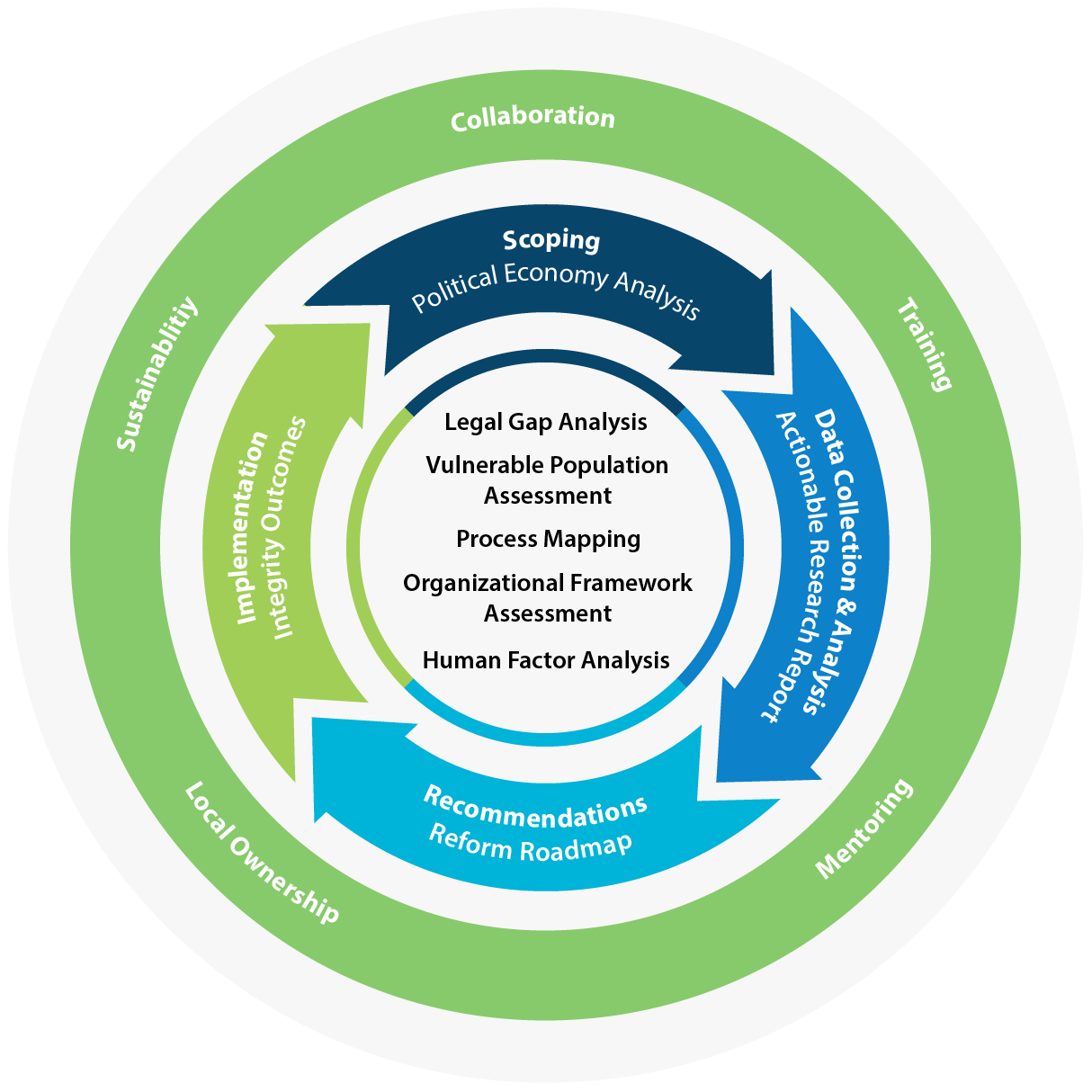
 *click to enlarge
*click to enlarge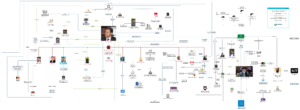 *click to enlarge
*click to enlarge